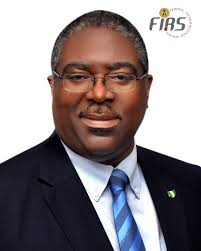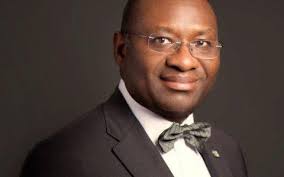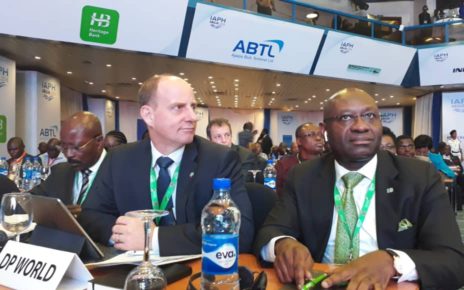The Federal Inland Revenue Service (FIRS) has projected that it would rake in about N750 billion from about 55,000 millionaire tax debtors in the current fiscal year.
The Executive Chairman of the revenue agency, Mr Tunde Fowler, made this forecast on Tuesday while addressing the House of Representatives joint committees on Finance, Appropriations, Aid, Loans and Debt Management, Legislative Budget and Research and National Planning and Economic Development on the 2019/2021 Medium Term Expenditure Framework and Fiscal Strategy Paper.
He told members of the committees that the recent bank accounts substitution exercise embarked on the Service led to the recovery of N23.25 billion, adding that in order to capture more defaulters, the exercise has been extended to cover people with N100 million yearly turnover.
The tax expert explained: “From the bank accounts substitution exercise, we used banking information to bring non-compliant taxpayers with N1bn and above turnover to comply. It has so far resulted in the recovery of N23.35bn.
“The exercise has been extended to cover those with a turnover of N100m and above. To date about 500 of them have come forward and they have paid and we have collected in the region of about N24bn.
“We believe we should be able to go through the 55,000 before the middle of this year. In terms of estimates, which we should be able to generate from this exercise alone, that will be about N750bn”, Fowler added.
While noting that the revenue agency grew its Value Added Tax (VAT) collections between 2015 and 2018, the FIRS boss explained that the Service was broadening its VAT collection scope with the adoption of States Accountants-General collection platform and other initiatives.
According to him, out of about N5.3 trillion generated from VAT in 2018, a large percentage is shared between states and local governments.
He expatiated: “In VAT, there has been a growth of over 44 per cent between 2015 and 2018 and that is at the current rate of five per cent. Now, when you look at Africa as a continent, Nigeria still has the lowest VAT rate.
“When we look at the items that are not VATable, basic food is not VATable, medicals, education. But if you decide and you have the ability to go to a restaurant to eat and drink the same thing you can buy in the open market, then you pay VAT.
“So, VAT basically is a consumption tax and those who choose not to go to the open market to buy their food and cook at home are subject to VAT. VAT is not a hardship on the low-income earners because, normally, they don’t even go to hotels when their wives can cook at home and they can have something very nice”, Fowler maintained.
He pointed out that those complaining about the planned increase in VAT were the same people travelling abroad and paying triple the amount in the nation’s VAT rate.
On the disbursement of VAT collections among the tiers of government, Fowler said that 85 percent of VAT was being shared to state governments, adding that being closer to the people the states can use the money as may be approved by their state Legislatures to fast-track development of their domains.
He noted that at the federal level, ‘clearly we can see all the projects that are being completed, based on the available funds at the federal level”, adding that the expectations of Nigerians could not be different if progress in VAT collection was sustained.
Fowler told the members of the committees that FIRS and the Economic and Financial Crimes Commission Joint Tax Force was introduced in 2018 to enhance the fight against tax-related economic fraud.
He disclosed that through enforcement activities, tax offices, tax audit and investigation assessments, the revenue agency had generated N28.51 billion over the past year, while $77. 8m
The FIRS Chairman explained that the FIRS initiated income tax on property owners in Abuja and Lagos as part of its sustained efforts to increase tax collection, expand the tax net and increase the revenue base.
He pointed out that the project which initially targeted property owners in Abuja and Lagos had yielded N4.3 billion in revenue even as plans are ongoing to extend it to other locations.
The tax expert said: “In this regard, Oyo and Kaduna states have commenced. It is important to note that this is not a property tax, but the use of the provisions of the law to bring into the tax net companies that own properties but failed to file necessary tax returns and pay appropriate taxes due.”




